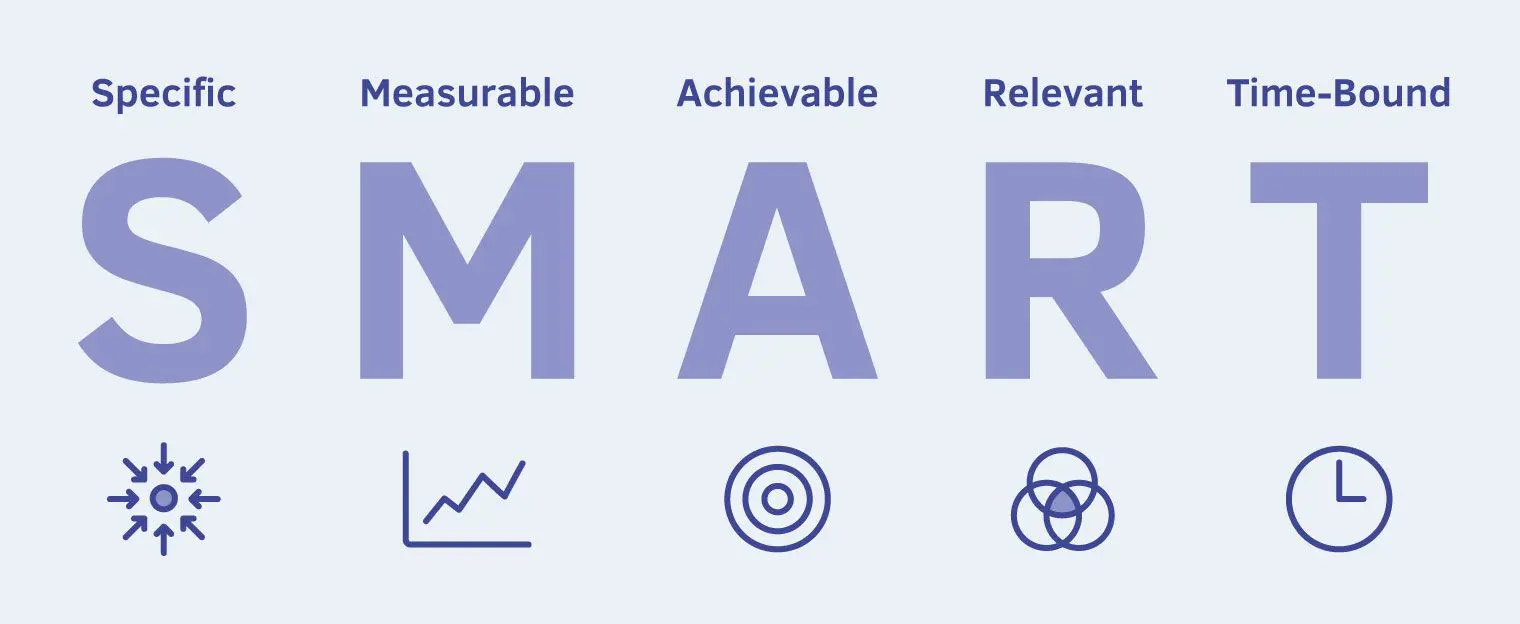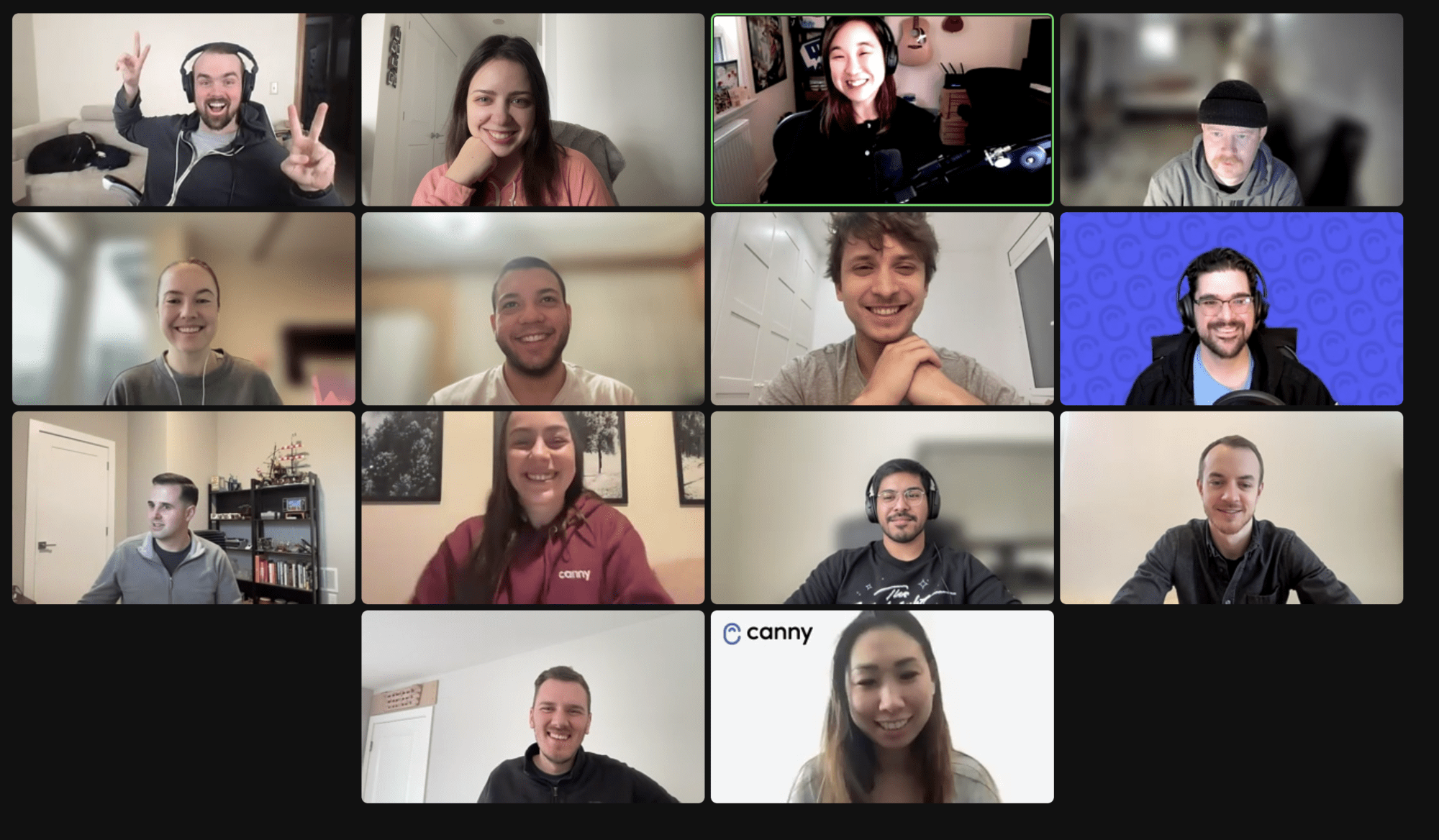Time is running out. We’re already one month into 2023. The inspiration from the New Year’s resolutions is burning off, and you’re left with endless to-do lists. Productivity guilt is real.
Now’s the time when everyone starts sharing their amazing accomplishments, their growing numbers, and their big wins. It’s easy to get sucked into this comparison game and feel not so great about yourself.
Turns out that the business world isn’t that much different from the everyday social media world. Someone’s always better, stronger, faster, younger, more agile, and overall more successful. Or, so it seems. This can take a significant toll on our mental health.
Startup founders are built to doubt themselves. No matter how far you’ve come, you’re always comparing yourself to that large and well-known competitor. And suddenly your achievements don’t seem so grand. So here are a few tips on how to break that unhealthy habit and regain your confidence.
Focus on cold hard facts
This will be different for everyone. But try your best not to compare yourself to others blindly. Analyze your numbers (whichever are the most important to you). And then compare them to your own numbers from last year, from the year prior, from year one of your business. Better yet, calculate that growth percentage. Yes, it’s easy to grow 500% at the beginning because you started with nothing. But still – pat yourself on the back for that.
Bottom line: try to outperform your old self.
Moreover, you could be comparing your fourth year to somebody else’s fourteenth year. And that’s clearly not a fair comparison. So, keep that context in mind.
It’s good to look to others for some aspirational routines, but don’t let that bring you anxiety.
Instead, analyze what went right and led to your success. Break down what could have been better and how you can use that as a learning opportunity. Try to document all of that too, and set reminders to refer back to those notes.
Better yet – try to analyze competitors’ wins and, more importantly, fails. You can probably learn a lot from them too and prevent similar mishaps in the future.
Inspire your team
It’s good to be competitive, always challenge the status quo, and reach for the moon. But…not everyone enjoys that. Some creative thinkers will get demotivated very quickly if they feel like they’re never good enough.
Has this ever happened to you?
- You come home from school with an A- only to hear your mum say: “Oh, I wonder why it’s not an A or an A+”?
- Or maybe you come across a social media profile of someone you knew in high school and conclude that they’re much more successful than you (psst: it’s probably not true).
That’s how your team might feel when you set moving targets for them.
It’s OK if you work best this way. Keep at it! But figure out what your team needs and encourage them in the way that works best for them.
One way to combat this feeling of “not good enough” is to set SMART (specific, measurable, achievable, relevant and time-bound) goals. You’ve probably heard this acronym before, and it really does work.

When your goals are SMART, your team can better align on the desired outcome. And then you’ll all know from the beginning what you’re working towards, what success looks like, and what the expectations are.
Improve everyday productivity
Sometimes we get too caught up in our quarterly or even yearly goals (OKRs, KRAs, etc) and lose sight of what’s happening daily. Chances are, you could increase your everyday productivity and see awesome benefits quickly.
Assess how you spend your time on any given day. Is there any wasted time? Once again, don’t beat yourself up. Just set a reasonable expectation for yourself and your team. A never-ending list of items leads to burnout and too many unfinished tasks. So look for balance.
Here are a few productivity tips from Sarah Hum, co-founder at Canny:
- Block off time in your calendar for calls/meetings so the rest of the time can be used for focus
- Prioritize your tasks
- If you’re on the fence about doing something, say no
- Fewer meetings, more async
- Learn how to be good at delegation
Little things like that can lead to very big changes in the long run. Time management is tricky, but it makes all the difference.
Strive for balance, not perfection
Balance is key. If you’re constantly juggling more projects and tasks than you can handle, you’ll eventually burn out. You need to take time to recharge your batteries and enjoy life.
Remember: your team looks up to you and mimics your work style. If they see that you’re always working after hours and on weekends, they’ll feel obligated to do the same. And that hustle culture can be too much for some people and can lead to people leaving your team.
So encourage a healthy distraction!

At Canny, we have many Slack channels to just chat. We also have random coffee chats every week (a Slack bot pairs us up each Monday). Once every 2 months we have a 90-minute “Team Hangs” call (attendance is always optional!). And we always talk about our weekends and fun things during every call.

These breaks between tasks really help us all unwind and get inspired. Try them out!
Celebrate wins, big and small
You’ve come a long way. No matter where you are right now, you’ve worked hard to reach this level. So did your team. So take a moment to celebrate.
Remember – it’s only natural to feel guilty, “not good enough”, get that imposter syndrome, and everything that comes with it. So acknowledge it. And then put your head down and keep going.






